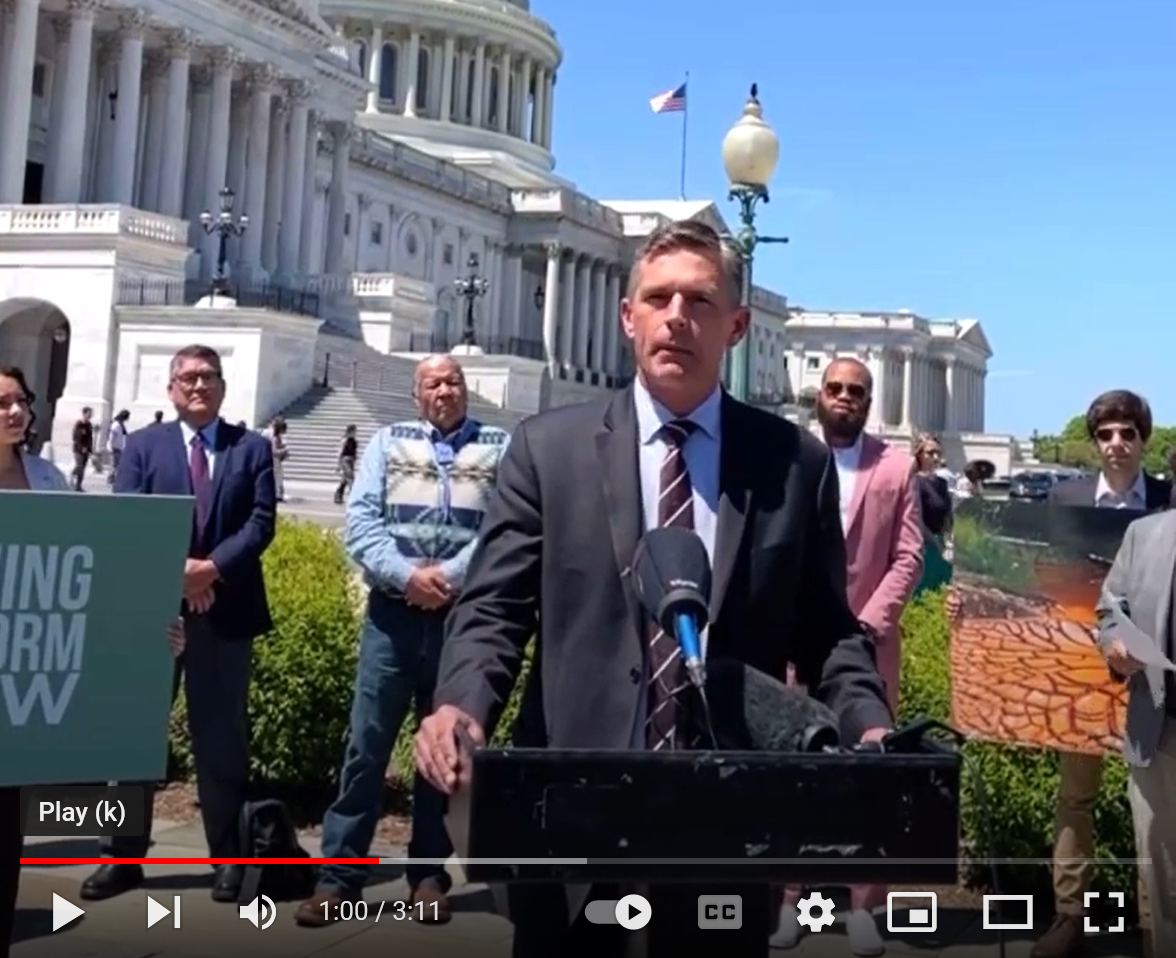150 years is way too long
Dear Friend,
Today marks the 150th anniversary of President Ulysses S. Grant signing the General Mining Act of 1872 into law. That law is a product of an era of unrestrained Western expansion, when the federal government essentially gave away public lands and natural resources to private users with no strings and often no price tag attached. Unlike other 19th century resource development laws, which have long since been reformed or replaced entirely, the 1872 Mining Act – which governs minerals in the public domain such as gold, copper, and lithium – is still on the books.
Over the last century and a half, the 1872 Mining Act helped to draw thousands of people to the West to earn a living, including my own father and grandfather. And our demand for domestic supplies of critical hardrock minerals isn’t going away anytime soon. Hardrock minerals are essential ingredients in electric vehicles and clean energy generation projects and key materials in high-powered computing technologies and vital national security infrastructure.
VIDEO: On the 150th anniversary of its signing, U.S. Senator Martin Heinrich calls for reforms to the General Mining Act of 1872, May 10, 2022.
Although I fully recognize the need to address our domestic mineral supply chain to meet growing demands from new technologies and to reduce our current reliance on foreign suppliers like Russia and China, if want to be more responsible stewards of American landscapes and watersheds, any expansion of our domestic hardrock mining industry must be coupled with long overdue reforms to our hardrock mining laws. That’s why I recently introduced the Clean Energy Minerals Reform Act to bring our outdated mining laws into the 21st century.
My legislation would finally bring the way we manage hardrock mining in line with the way we manage other publicly-owned natural resources. For example, it would allow us to collect royalties to return fair value to taxpayers. It would establish a Hardrock Minerals Reclamation Fund to make sure mining companies, and not taxpayers, are footing the bill for cleanup work. And it would establish a clear process to protect the types places that simply aren’t appropriate for mineral development.
Until we make these reforms to the 1872 Mining Act, we will continue to live with the scars it has left on our public lands and water throughout the West. New Mexico has seen this all too clearly in major accidents like the Gold King Mine Spill and in the toxic heavy metals and acid drainage that are leaking silently into our watersheds. There are tens of thousands of abandoned mines currently threatening the safety of drinking and irrigation water supplies, critical fish and wildlife habitat, and communities all across the West.
As we mark the 15oth anniversary of this antiquated law, it is long past time to reckon with its legacy and plan for a more responsible mineral development future.
Sincerely,
MARTIN HEINRICH
United States Senator
